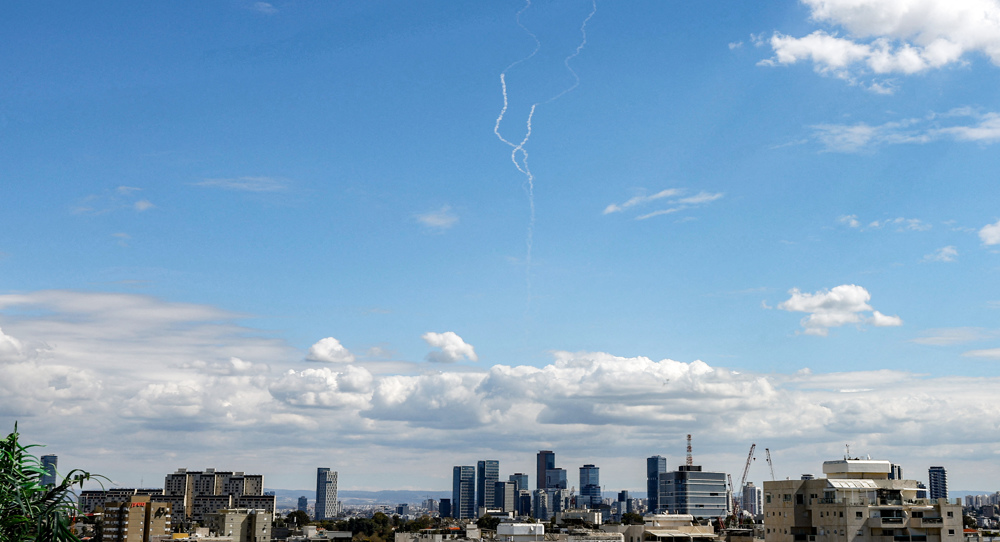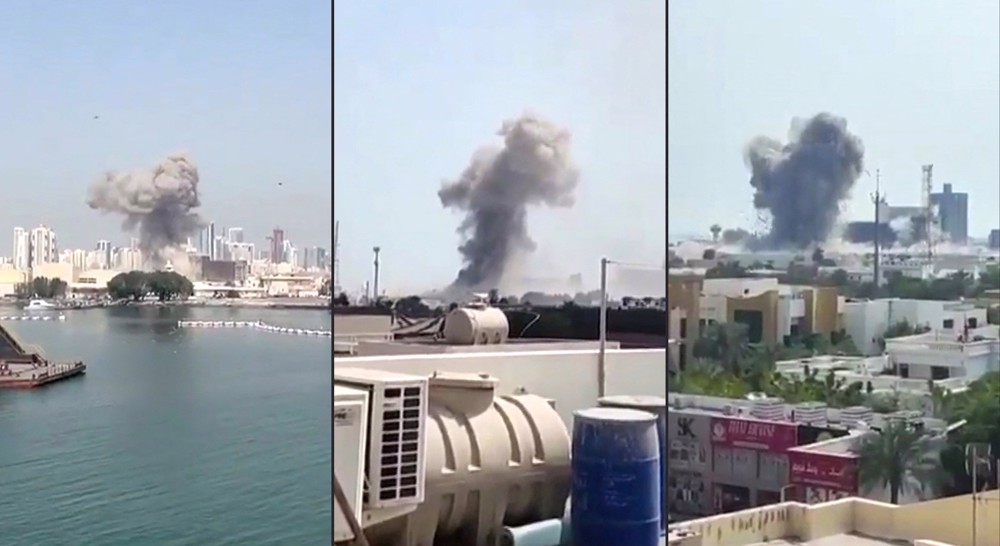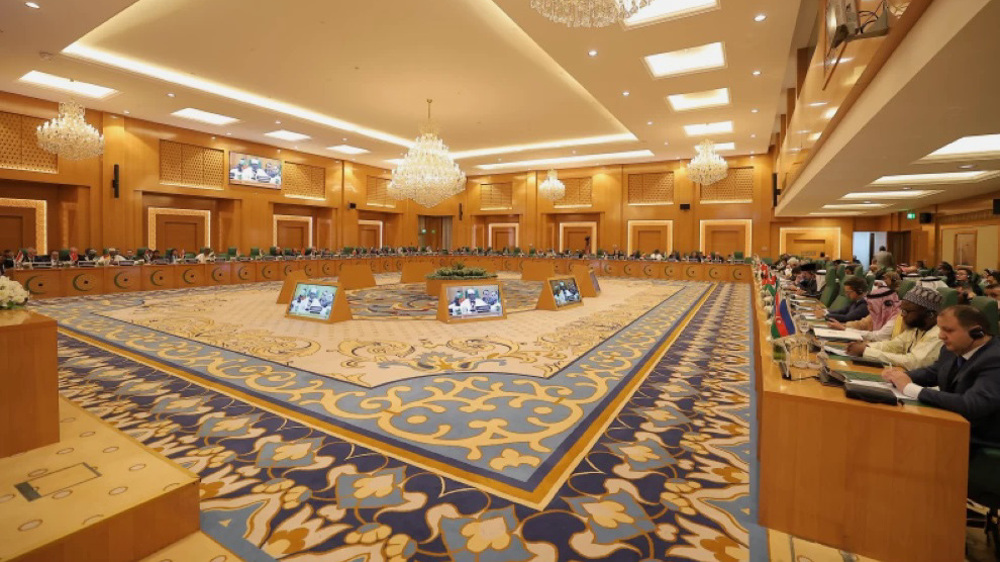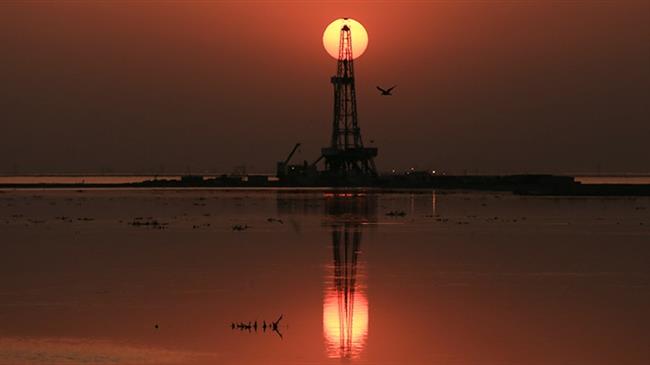Pompeo: US will ‘fully’ enforce sanctions on Iran
US Secretary of State Mike Pompeo says Washington will enforce the full range of the country’s sanctions against Iran, the first round of which is to kick on Monday.
“The United States is going to enforce these sanctions,” he told reporters after a summit of the Association of Southeast Asian Nations (ASEAN) Regional Forum in Singapore on Sunday.
He also claimed that Tehran would not be capable of going around the unilateral sanctions.
The first phase would include a universal ban on Iran’s access to the US dollar as well as prohibitions against the country’s trade in gold and other precious metals among other restrictions.
The second wave of sanctions that would hit on November 4 would be meant to bring Iran’s oil exports to zero as claimed by US officials.
US President Donald Trump withdrew Washington from an international nuclear accord with Iran in May and pledged to impose the most restrictive sanctions ever on the country.
Pompeo alleged that the sanctions targeted the Iranian government. “This is just about Iranians’ dissatisfaction with their own government,” he said. “And we want the Iranian people to have a strong voice in who their leadership will be.”
Residents of Iran’s capital Tehran, however, said Monday that the sanctions would mostly hurt ordinary Iranians.
"I do not think highly of Trump claiming these sanctions affect the government. These sanctions are directly applied to the people," Agence France-Presse quoted Saeed Bagheri as saying.
For another resident, Mohammad, the "crippling sanctions" aren't something new for Iran, the news agency reported. According to him, the US "objective" in the past was "regime change" but it "did not come to pass."
"I believe the impact of sanctions on lives has been very obvious, especially in the health sector, for patients, as well as the jobs that are there for students," said Mariam Kadkhodaei.
According to Mahdi Abadan, Iran should return towards a localized economic model and resist through self-sufficiency.
Saudi Arabia lobbied for UAE sanctions: Trump
IRGC launches missile, drone strikes against Israel in response to US-Israeli aggression
IRGC pounds US bases across West Asia following US, Israeli aggression
VIDEO | Plan for US-pegged digital currency in Gaza raises sovereignty fears
OIC welcomes Oman-mediated Geneva talks between Iran, US; warns against use of force
VIDEO | Campaign to boycott Israeli ‘apartheid dates’ in UK intensifies during Ramadan
VIDEO | Pakistan launches Operation Ghazab lil-Haq after Afghan border firing
VIDEO | Pakistan condemns Israel’s expansionist agenda in Palestine at OIC














 This makes it easy to access the Press TV website
This makes it easy to access the Press TV website